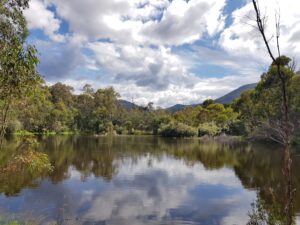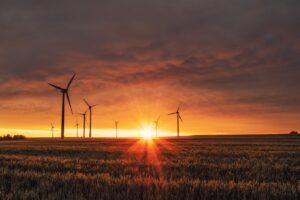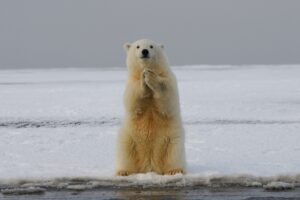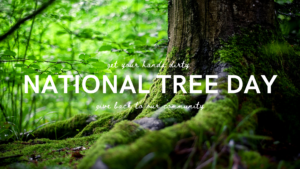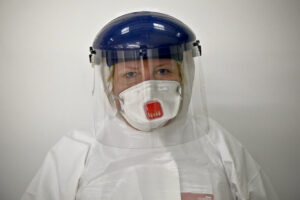Feeling Disconnected in a Connected World – Writing Prompt
follow link When you're thinking about what to write for this years anthology on the theme 'Networks', think about what social media and technology has done to our society. Has social media and smart phones brought us closer together? Or torn us apart?
https://www.thevampiresource.com/vk2yy7rry



